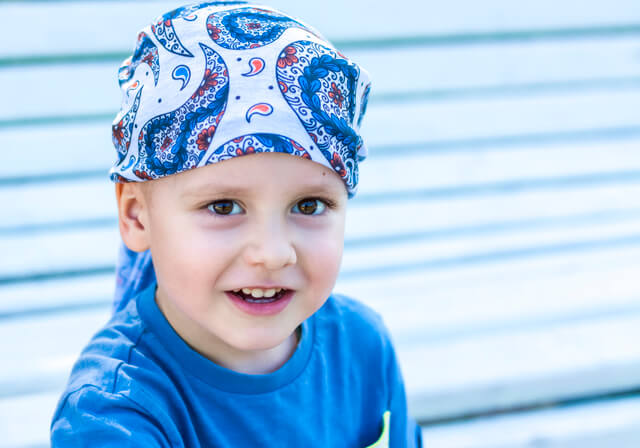Researchers at the Children’s Hospital of Philadelphia (CHOP) have reported a major breakthrough in the treatment of hereditary neuroblastoma—a rare form of a common childhood cancer. Their recent findings, published in JCO Precision Oncology, suggest that targeted therapy using ALK (anaplastic lymphoma kinase) inhibitors could become a new standard of care for families with inherited mutations linked to this disease.
Poor Prognosis Despite Advances
Although treatments for high-risk neuroblastoma have improved over time, survival rates remain troublingly low. Fewer than half of children diagnosed with high-risk neuroblastoma survive beyond five years. However, Dr. Yael P. Mossé, a senior author of the study and Professor of Pediatrics at CHOP’s Cancer Center, previously discovered that most familial cases stem from the ALK mutation. This mutation is not only detectable but also targetable with specific inhibitors, offering a personalized approach to treatment.
Real-Life Case Demonstrates Long-Term Remission
The study focused on a unique case involving a mother and daughter, both diagnosed with neuroblastoma and carrying the ALK R1275Q mutation. The daughter was diagnosed at just six months old. After standard chemotherapy and surgery failed, she experienced dramatic improvement when treated with the ALK inhibitor crizotinib, following a recurrence of her cancer.
Years later, during pregnancy, the asymptomatic mother was diagnosed at age 36 with bilateral adrenal tumors. After giving birth to a healthy child, she began crizotinib therapy but later switched to alectinib due to side effects. Surgical tumor removal combined with ongoing alectinib treatment led to sustained remission. Today, both mother and daughter remain disease-free under routine surveillance that includes whole-body MRI and circulating tumor DNA (ctDNA) testing.
A Shift in Clinical Approach
According to Medical Xpress, these findings mark a significant shift in how clinicians might treat and monitor hereditary neuroblastoma. The researchers propose using ALK inhibitors as frontline therapy for patients with inherited mutations, potentially avoiding the long-term toxicity of intensive chemotherapy and invasive surgeries.
Lifelong Surveillance and Future Research
The team also challenges existing surveillance guidelines that typically end during childhood. They emphasize the importance of lifelong monitoring for individuals with hereditary ALK mutations. Looking ahead, the researchers plan to investigate whether hereditary ALK mutations lead to lower rates of drug resistance compared to non-inherited cases.
“Our research represents a leap forward in precision medicine,” said Dr. Mossé. “It offers affected families new possibilities for safer, more effective treatment pathways.”
























